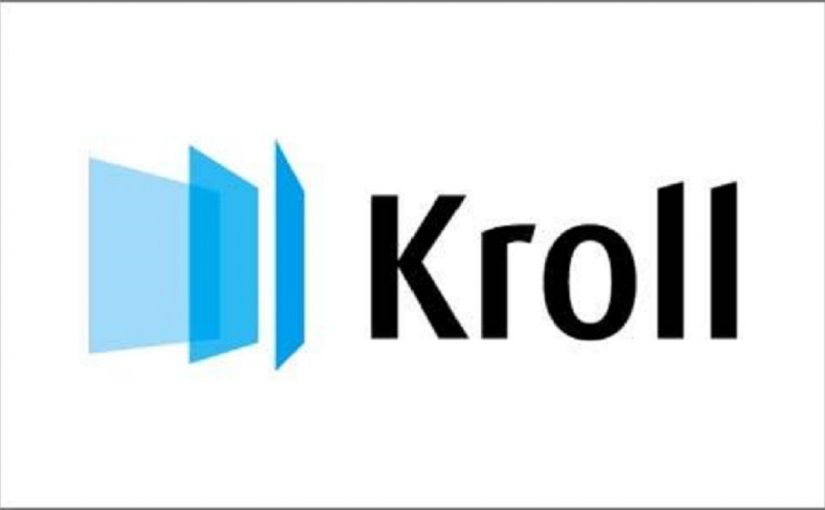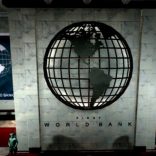Mozambique: Minister Salim Valá highlights the role of ICTs in development
Kroll report: Atorney-General’s Office “will, as soon as possible, share the results of the audit with the public, with safeguards for matters that are sub judice”

AIM
Mozambique’s Attorney-General’s Office (PGR) announced on Saturday that it has received the audit report on the security-related companies Ematum (Mozambique Tuna Company), Proindicus and MAM (Mozambique Asset Management) produced by the London office of the US company Kroll Associates, reputedly the top forensic auditing company in the world.
Kroll delivered the report late on Friday, thus meeting the final deadline for its work. Initially, Kroll was given a 90 day deadline for the report, which expired at the end of February. This proved nowhere near enough time, and Kroll found itself obliged to ask for extensions, first to the end of March, then to 28 April and finally to 12 May.
The PGR Saturday statement said it will now verify and analyse the audit report, checking that it is in line with the terms of reference given to Kroll.
The PGR promises that, once that analysis is complete, “it will, as soon as possible, share the results of the audit with the public, with safeguards for matters that are sub judice”. This is because the audit was requested as part of an ongoing criminal investigation into the three companies, which is still in its preparatory phase. What these safeguards mean is that, when the report is released, it will omit any names of individuals that may be mentioned.
Ematum, Proindicus and MAM obtained loans of over two billion US dollars from European banks, notably Credit Suisse and VTB of Russia, in 2013 and 2014. The loans were granted because the previous government, under President Armando Guebuza, issued guarantees, meaning that if the companies did not repay, the Mozambican state would be liable.
The banks did not undertake any due diligence, but simply handed over huge sums to three companies which had only recently been created, had no business record whatsoever, and whose shareholding structure was dominated by the Mozambican intelligence service SISE. The banks did not ask whether the Guebuza government had the power to guarantee the loans.
Even the most cursory glance at Mozambican law would have shown that it did not. The annual budget laws stipulate limits to the guarantees that the government can make. The Ematum, Proindicus and MAM guarantees smashed through this ceiling for both the 2013 and 2014 budget laws.
Furthermore, the Mozambican constitution stipulates that such debts must be authorized by the country’s parliament, the Assembly of the Republic. But the Assembly was kept in the dark.
Only the Ematum loan, for 850 million dollars, was public knowledge, since it took the form of a bond issue on the European market. The Guebuza government kept the other two loans – 622 million dollars for Proindicus and 535 million for MAM – in deepest secrecy.
When press reports revealed the existence of these loans in April 2016, the International Monetary Fund (IMF) suspended its programme with Mozambique, since the government had failed to disclose the country’s true foreign debt situation. The three loans, and their government guarantees, added 20 per cent to the foreign debt and pushed it to unsustainable levels.
All of Mozambique’s other major western partners followed the IMF’s lead – in particular all 14 donors who used to provide direct support to the Mozambican state budget suspended further disbursements.
The IMF made clear that a key condition for resuming normal relations was an independent, international audit of Ematum, Proindicus and MAM. The government accepted, and placed the investigations under the PGR, which hired Kroll to carry out the audit. The Swedish embassy financed the audit.
Kroll’s investigations spanned continents, covering not only Mozambique, but also Britain (the London branches of Credit Suisse and VTB handled the loans), France (boats for Ematum and Proindicus were built at a shipyard in Cherbourg), the United Arab Emirates (where the company that owns the shipyard, Abu Dhabi Mar, is located) and Holland (where the special purpose vehicle that sold the Ematum bonds was located).
The key task for the audit is to trace what happened to the money. What assets were purchased? The visible assets are the Ematum and Proindicus fishing boats and patrol vessels, but there is no way these can possibly be worth two billion dollars.
Even when only the Ematum bond issue was public knowledge, the discrepancy between the value of the boats and the money lent by the banks was obvious. In December 2013, the opposition Mozambique Democratic Movement (MDM) asked in parliament what the rest of the money was used for.
The then Fisheries Minister, Victor Borges, answered that it paid for such items as radars, training, onshore installations, licences and satellite communications. But he gave no itemized breakdown of the assets and services purchased.
To this day, no such list for any of the three companies is available. So there are expectations that Kroll will blow this secrecy wide open, listing what was ordered from suppliers, whether it all arrived, and whether it was really worth what was paid.
As for the names of those involved – the key players are already known, and gave evidence last year to the parliamentary commission of inquiry into the three companies. The then Finance Minister Manuel Chang admitted to signing the guarantees, despite their blatant violation of the budget laws.
The most shocking evidence given to the Commission came from Guebuza himself, who had no regrets and said he would do it all again, in the name of national security. This was in striking contrast to Guebuza’s repeated insistence during his ten years in office that the Constitution and the laws must be obeyed.













Leave a Reply
Be the First to Comment!
You must be logged in to post a comment.
You must be logged in to post a comment.